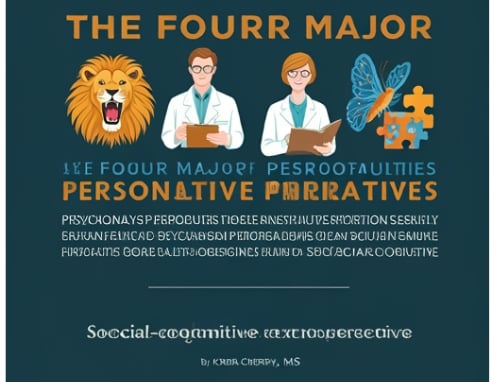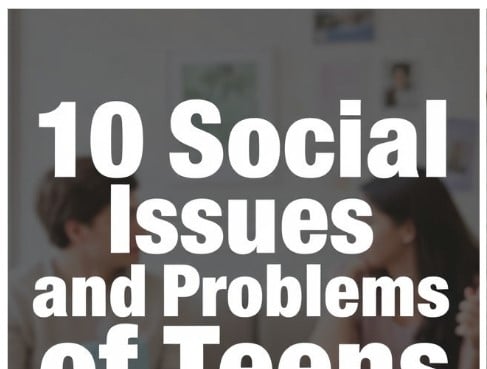Week 1
Self-concept by Dr.Saul McLeod
This article provides the concepts of self-concept, self-image, and self-esteem. Self-concept is the way people perceive and evaluate themselves, which influences behavior, emotions, and relationships. It is crucial for overall well-being, and a negative self-concept can lead to emotional and social difficulties. Two aspects of self-concept are the existential self and the categorical self. Self-image is the mental picture individuals have of themselves, including physical appearance and personal traits. Factors influencing self-image include personal experiences, feedback from others, and societal and media standards. The actual self includes self-awareness and introspection, while self-esteem is how much we like, accept, or value ourselves. The ideal self is the person an individual aspires to become, and congruence is the alignment between the real self and the ideal self. Improving self-awareness and self-esteem can positively impact behavior, relationships, and mental health.
What is Self-Concept? By Kendra Cherry,MS
Self-concept is an individual's overall perception of themselves, influenced by interactions, experiences, and their perception of their traits and abilities. It consists of personality traits, roles in life, hobbies and passions, and interactions with society. Carl Rogers' theory of self-concept consists of three main components: Ideal Self, Self-Image, and Self-Esteem. Congruence vs. incongruence is a key aspect of self-concept, where the self-image aligns with the ideal self, fostering positive self-esteem. Self-concept evolves through interactions with others, media and society, and role models. Theories on self-concept include Social Identity Theory, which divides self-concept into personal and social identity, and Multidimensional Theory, which consists of six dimensions: academic success, affect, competence, family, physical appearance, and social skills. A strong, positive self-concept contributes to overall well-being, motivation, and resilience, while an incongruent self-concept may lead to dissatisfaction, low self-esteem, and mental health challenges.


★★★★★


Week 2
The Four Major Personality Perspectives by Kendra Cherry, MS
The study of personality is a significant area of psychology, with four major perspectives: Psychoanalytic, Humanistic, Trait, and Social Cognitive. Psychoanalytic perspectives, led by Sigmund Freud, focus on the unconscious mind and early childhood experiences, focusing on the id, ego, and superego. Humanistic perspectives, led by Carl Rogers and Abraham Maslow, emphasize free will, personal growth, and psychological development. Trait perspectives, led by Hans Eysenck and Raymond Cattell, focus on identifying and measuring specific traits that make up personality. Social cognitive perspectives, led by Albert Bandura, emphasize the interaction of cognitive processes, environmental influences, and observation in shaping personality. These perspectives are widely applied in fields like public health, where understanding how behavior is influenced by environment and self-efficacy helps develop effective health programs.
onents: Ideal Self, Self-Image, and Self-Esteem. Congruence vs. incongruence is a key aspect of self-concept, where the self-image aligns with the ideal self, fostering positive self-esteem. Self-concept evolves through interactions with others, media and society, and role models. Theories on self-concept include Social Identity Theory, which divides self-concept into personal and social identity, and Multidimensional Theory, which consists of six dimensions: academic success, affect, competence, family, physical appearance, and social skills. A strong, positive self-concept contributes to overall well-being, motivation, and resilience, while an incongruent self-concept may lead to dissatisfaction, low self-esteem, and mental health challenges.


★★★★★


Week 3
The article "10 Social Issues and Problems That Trouble Today's Teens" highlights the complex effects of technology and social media on teens, including cyberbullying, mental health problems, and unhealthy behaviors. Parents should educate themselves on social media usage and help teens use it safely. Social media has amplified peer pressure, leading to risky behaviors like drug use, bullying, and unsafe sexual practices. Violence in media can reduce empathy and increase aggression, and parents should monitor and discuss media consumption to help teens process these influences. Depression and mental health require vigilant attention, and bullying, especially online, is a major concern. Open conversations about sex, contraception, and the consequences of risky behavior are crucial. Drug use is decreasing, but overdose risk is rising, and alcohol use remains a problem. Obesity and body image issues affect teens' physical and mental health. Academic pressure can lead to burnout, so parents should balance academic success with emotional support.
Teenage Self-Identity Crisis
The article "Common Problems and Behaviors Surrounding Unhealthy Teenage Identity Crisis" highlights the challenges teens face in forming a healthy sense of self and the consequences of an unresolved identity crisis. It highlights that teens are vulnerable to risky behaviors due to cognitive development, and rebellious behaviors often mask deeper issues. The article provides 15 warning signs of an identity crisis, emphasizing the importance of early identification and support. It also emphasizes the importance of strong peer influence during identity formation, and the central role of self-esteem in teens' behavior. The article also emphasizes the importance of family support, consistency, and boundaries in helping teens navigate identity struggles. It concludes that identity development takes time and requires consistent guidance.
Body Imagepre-Teens and Teenagers
Body image is more than just physical appearance; it involves thoughts and feelings about one's body. A positive body image supports mental and physical health, higher self-esteem, and a balanced approach to eating and physical activity. Multiple factors influence body image formation, including family environment, peers, social media, cultural factors, and puberty. Parents play a crucial role in shaping a child's body image, encouraging open communication, promoting whole-person value, and addressing unrealistic beauty standards in media. Watching for warning signs of negative body image, understanding gender experiences, and addressing special needs are essential for promoting body positivity. It's also important to include teens with physical disabilities or special needs in discussions about body positivity and emphasize that all body types are valid. Avoiding teasing and negative comments can foster a more accepting attitude towards diverse body types.


★★★★★


